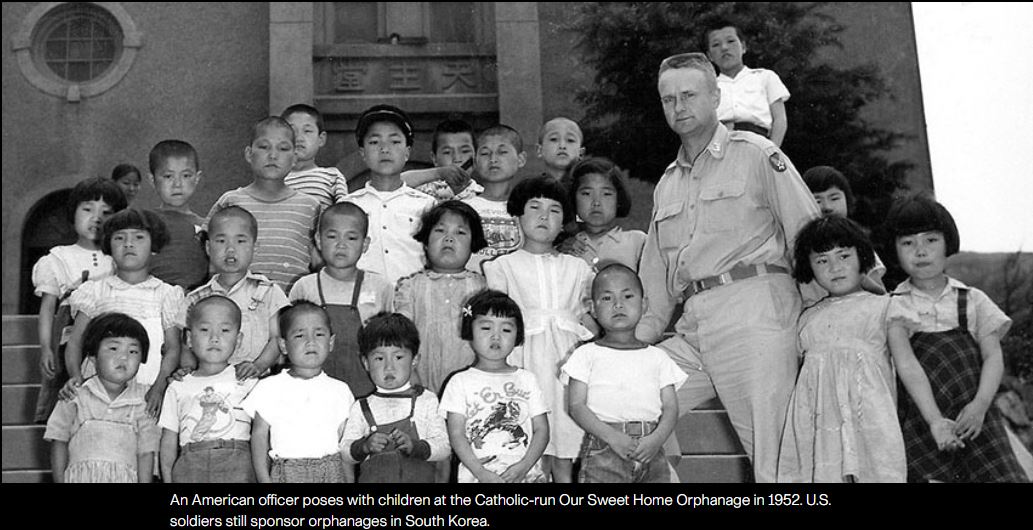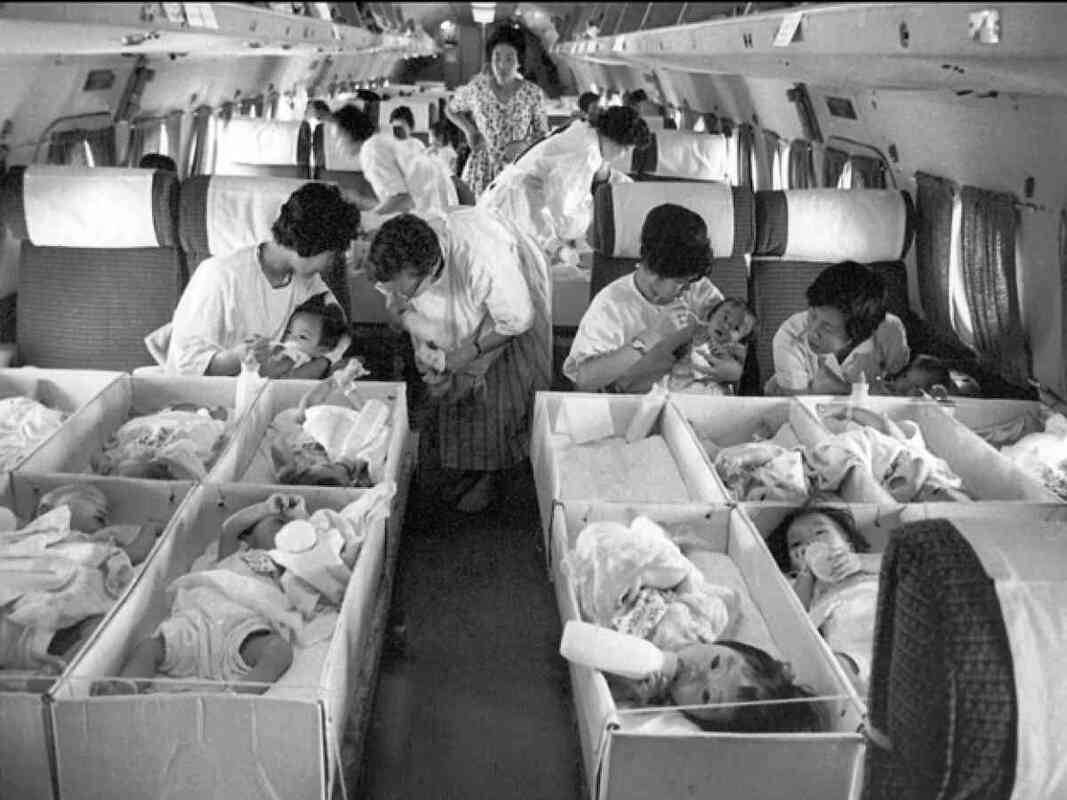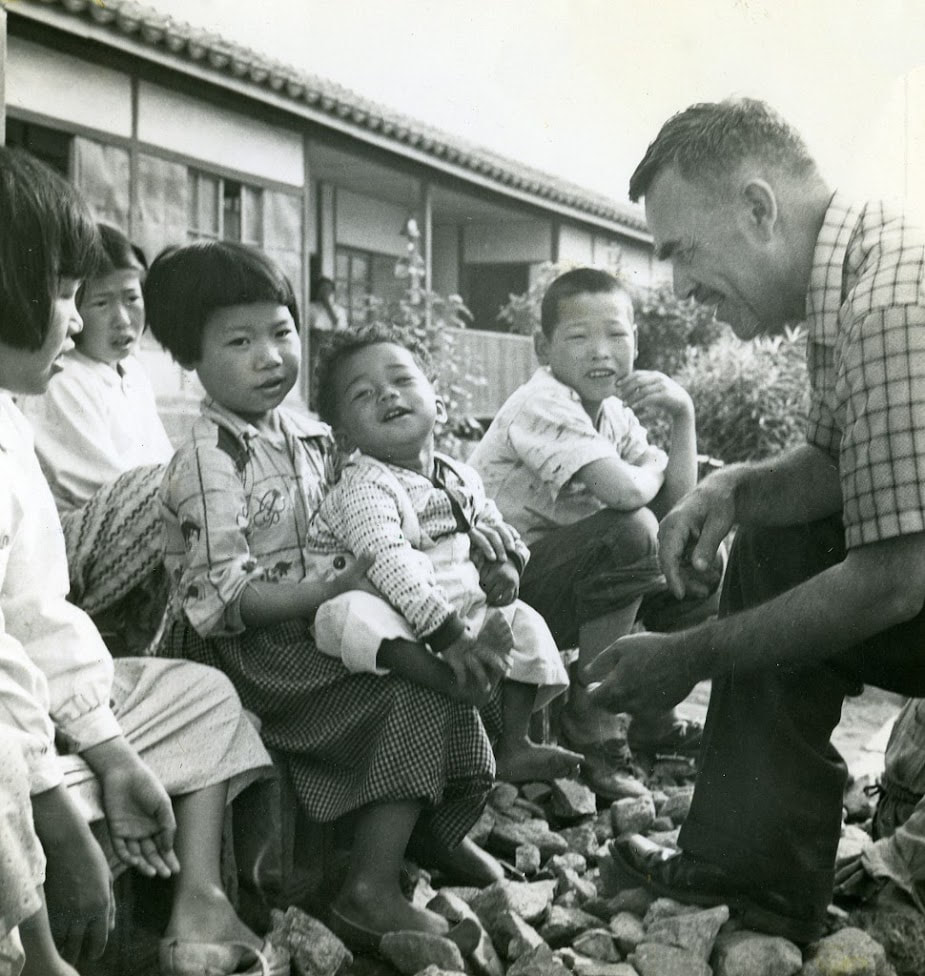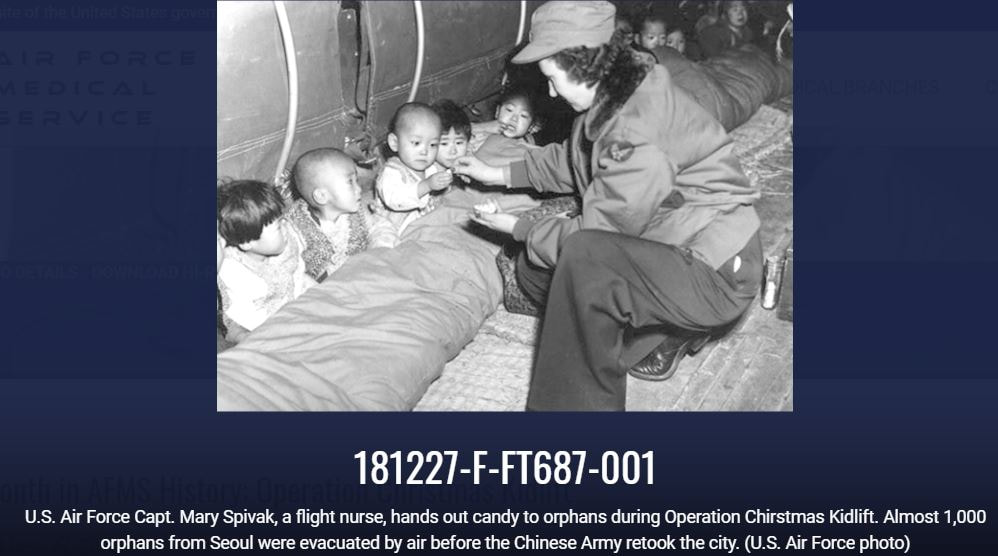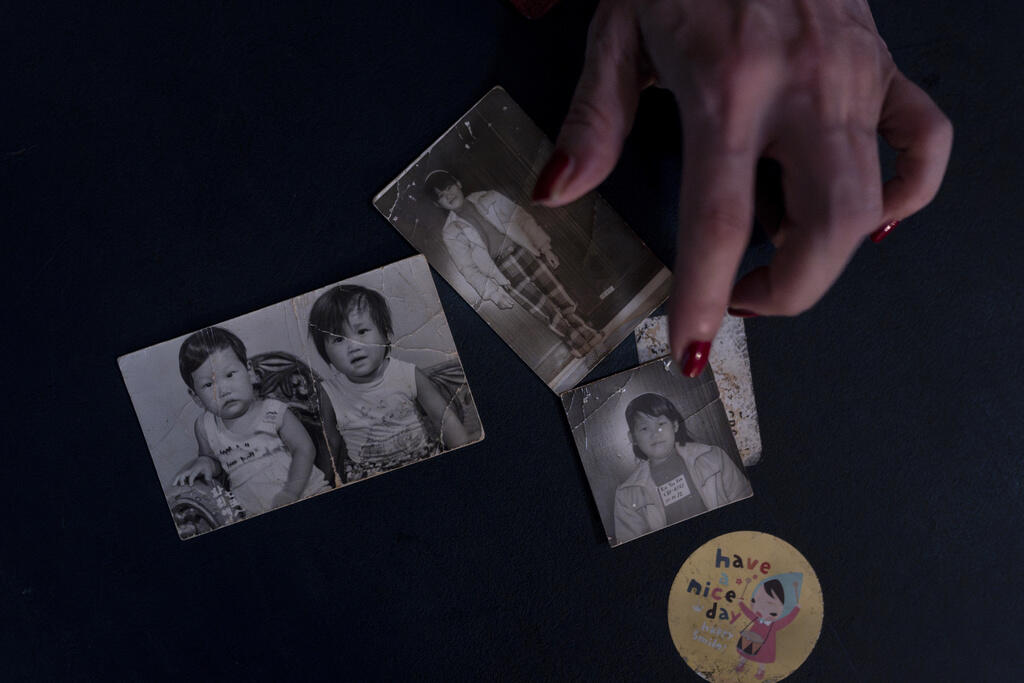10.10.2024
South Korea's Baby Adoptions Reckoning
More than 200,000 South Korean children have been adopted overseas since the 1950s following World War II and the Korean War after the country was ravaged by war and many mothers left destitute, according to authorities. Many of those children were adopted by families in the US and Europe. Many of those adopted children, now adults scattered across the globe and trying to trace their origins, have accused agencies of corruption and malpractice, including in some cases forcibly removing them from their mothers. A report released earlier this week by a Korean government commission supports those claims and uncovers new evidence on the coercive methods used to force mothers to give up their children. While adoptions continue today, the trend has been declining since the 2010s after South Korea amended its adoption laws in an effort to address systematic issues and reduce the number of children adopted overseas. For a generation of adoptees who have grown up in often homogenous, majority-White populations, some say they feel both disconnected from their Korean roots and unable to fit in. It’s what prompted a search for their biological families. Some of those adoptees say they have mixed emotions over the commission’s findings, feeling both horror and hope that the investigation will shed light on what many long suspected.
Credit: A+J
Credit: A+J
Poverty deprives people of adequate education, health care and of life's most basic necessities- safe living conditions (including clean air and clean drinking water) and an adequate food supply. The developed (industrialized) countries today account for roughly 20 percent of the world's population but control about 80 percent of the world's wealth.
Poverty and pollution seem to operate in a vicious cycle that, so far, has been hard to break. Even in the developed nations, the gap between the rich and the poor is evident in their respective social and environmental conditions.
Poverty and pollution seem to operate in a vicious cycle that, so far, has been hard to break. Even in the developed nations, the gap between the rich and the poor is evident in their respective social and environmental conditions.








